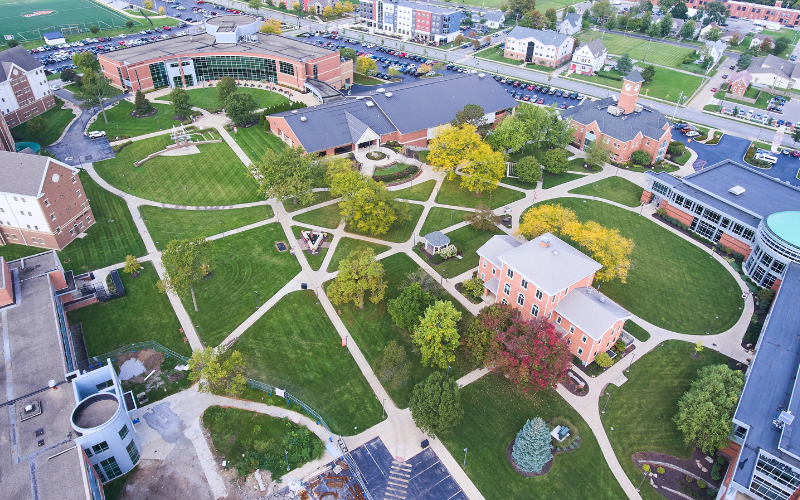In an article written by Inside Higher Ed’s Scott Jaschik, last year’s successful kickoff of direct admissions for 10 colleges in the Chicago area by Concourse began a trend that will be piloted by the Common App and implemented by Sage Scholars this year. The state of Minnesota also is implementing a direct admission program for Minnesota high school seniors this year with more than 50 colleges participating. Concourse claims that they have 125 colleges signed up for this year and more are on their way.
Mr. Jaschik provides a great summary of the benefits of direct admission as it pertains to last year’s Chicago area project. Students created profiles of themselves with their grades and what they wanted to study. The students didn’t have to apply to college. The colleges interested in them reached out with offers of admissions and scholarships. More than 650 students were offered admissions and generous scholarships. All 10 colleges participating were non-elite colleges with a track record of admitting low-income and minority students.
The Director of Admissions at the University of Minnesota at Crookston provided an interesting quote about the attractiveness of direct admissions for students.
“Direct admissions is taking away two obstacles from students. One being those students who have already told themselves they could never get into a college and the second obstacle being having time to complete an application. We in the industry know an application (without essay) can take less than 30 minutes, but students don’t know that. It’s a process that’s been hyped up their entire lives. This system allows them to go from ‘Do I have the time to go through an application? Will I even get in?’ to ‘Oh. I’m in.’”
Augsburg University is participating in the Common App program and the state of Minnesota’s program. So far this year, 639 prospective students have been reviewed by Augsburg. Augsburg has admitted 487 students versus 150 students a year ago. Augsburg admissions counselors are spending less time reviewing applications and more time talking about the school with those admitted. The VP of Enrollment Management is willing to deal with the uncertainty of yield (the percentage of admitted students who start) given the large increase in numbers.
It’s no surprise to me that a college or university struggling to meet its enrollment targets would consider participating in a direct admissions program. Whether or not the program works depends on the quality of the student submitting their profile, the level of their interest in going to college, and the attractiveness of the college’s offer.
One item that was noticeably missing from the Inside Higher Ed article was the business model for the companies offering direct admissions. I assume that the state of Minnesota is offering it to their high schools to encourage more high school students to go to college as well as to keep them attending college in-state versus out-of-state. The Common App is a non-profit with more than 1,000 colleges participating in its program of enabling students to fill out a single application that is accepted by many colleges and universities. I don’t know if the Common App is charging its 14 college and university pilot members a fee for participating in the pilot.
Sage Scholars and Concourse appear to be for-profit entities, which I assume have a higher propensity to use a business model that would cover their expenses and provide a return on their investment. Mr. Jaschik noted that Concourse was just sold to EAB, an enrollment management company that provides services to colleges and universities. I am certain that all these entities do not have a fee structure that runs afoul of the prohibitions on incentive compensation for recruiting students.
If direct admissions programs are successful in convincing more students to attend college, than the programs are likely here to stay. On the other hand, if it just shifts students from non-participating colleges to participating colleges, eventually, all non-elite colleges will do this, or none will. I like any program that provides prospective college students with transparent information about ways to lower the cost of attending college as well as their ability to succeed in college. I’ll be interested in reading Mr. Jaschik’s follow-up article next fall about the success of direct admissions in 2022-2023.











